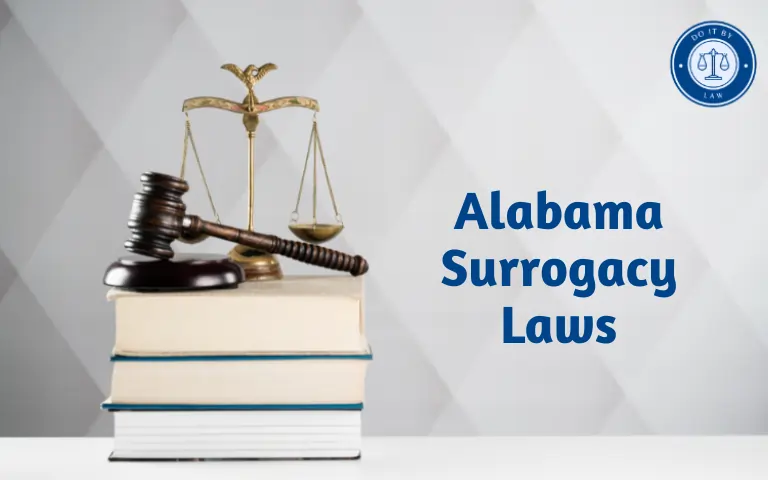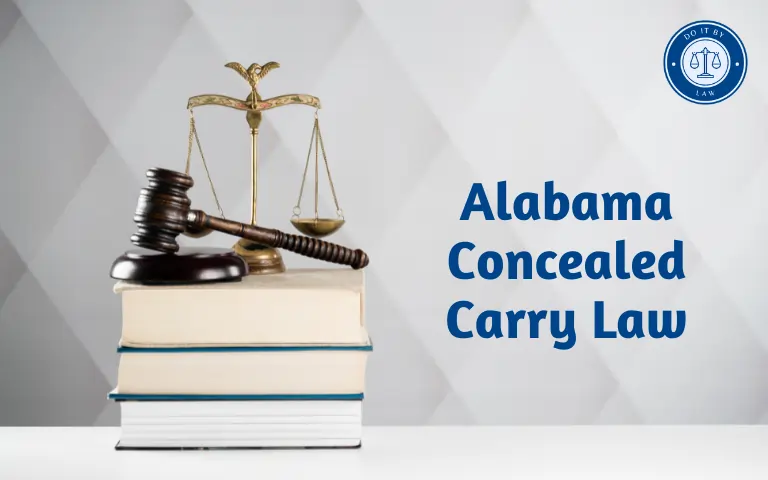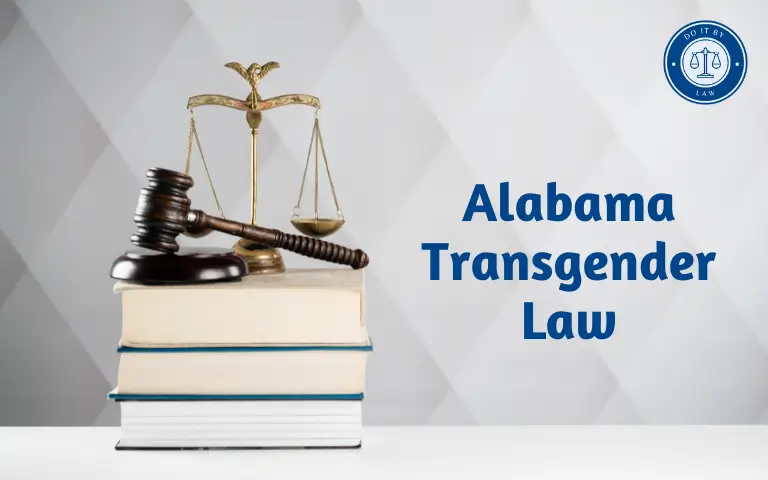Alabama Surrogacy Laws: What do you need to know
Surrogacy can be a complex process governed by evolving state laws on issues like legal parenthood, compensation limits, and more. This guide summarizes key aspects of Alabama Surrogacy Laws statutes and case law precedents as of November 2023 for those considering a surrogacy arrangement.
When Were Alabama’s Surrogacy Laws Enacted and Why Do They Exist?
Alabama lacks comprehensive legislation specifically addressing surrogacy agreements and their implications for establishing parental rights. However state courts have ruled on various cases since the 1990s using general family law principles. Precedents aim to protect all parties’ interests, especially children.
Key influences include:
- Parentage statutes establish presumptions around motherhood and legal family relationships
- Contract law doctrines enabling or restricting enforcement of surrogacy deals
- Constitutional rights like due process and equal protection regarding parents
Evolving case law aims to balance public policy goals on defining legal parenthood while accommodating reproductive technology advances.
Who Do Alabama Surrogacy Laws Apply To?
Key parties potentially governed by Alabama legal precedents on surrogacy deals include:
- Intended parents seeking to have a baby through a surrogate pregnancy.
- Gestational carriers/surrogates carrying the intended parents’ embryo.
- Egg/sperm donors contribute biological genetic materials.
- Surrogacy agencies arrange matches and oversee processes.
- Healthcare providers facilitating embryo transfers and prenatal care.
- Courts adjudicating disputes around surrogacy agreements and family status.
Out-of-state residents may also fall under Alabama jurisdiction if contracts involve local healthcare services or legal proceedings play out in state courts.
Key Provisions, Requirements, and Restrictions
Alabama holds surrogacy contracts as void and unenforceable when in conflict with the child’s best interests. Key aspects of relevant case law include:
Traditional vs. Gestational Surrogacy
- More legal complications generally with traditional arrangements using the surrogate’s own egg.
Genetic Parent Preference
- Strong (but rebuttable) presumption favoring parenthood rights of biological genetic parents.
Birth Mother Presumed Legal Mom
- A woman giving birth is deemed a legal mother absent court orders to the contrary.
Best Interests of Child Paramount
- Overrides disputable surrogacy contract terms or demands of any party in court decisions.
Compensation Restrictions
- No clear statute or precedent explicitly restricting payment amounts to surrogates. However public policy arguments question extremely high fees as potentially exploitative.
Overall Alabama family court judges retain much discretion in shaping surrogacy outcomes based on case details and child welfare priorities. Written agreements matter but are not definitive or binding.
What Are the Penalties for Violating Alabama’s Surrogacy Laws?
No clearly defined civil or criminal penalties target parties violating precedents or public policies around surrogacy itself. But sanctions apply for related offenses:
- Perjury penalties for intentionally false sworn court statements during proceedings establishing legal parenthood.
- Child Support Avoidance laws penalize genetic parents refusing care obligations.
- Baby Selling Laws prohibit illegally paying women to terminate parental rights.
- Lawyer Penalties like license suspension, if advising illegal or fraudulent surrogacy arrangements.
Most violations just risk intended parent goals or uncertainty from contested rulings. Financial “penalties” also via legal fees fighting over unfavorable judgments not matching expectations or agreements made.
Recent Changes and Proposed Updates to Alabama Surrogacy Laws
No major revisions recently or currently proposed to Alabama statutes or core case law doctrines directly governing surrogacy deals and enforcement. But indirectly:
- 2020 law easing adoption rules for stepparents could set a model for streamlining some post-birth parentage processes among parties cooperating in the aftermath of surrogacy.
- Continuing advocacy for new legislation officially clarifying the legal status of various assisted reproductive technologies usage. Would reduce current reliance on piecemeal court precedent interpretations.
Controversies, Debates, and Challenges Around Alabama Surrogacy Laws
As an evolving area of law with competing interests at stake, Alabama faces continuing family policy debates around surrogacy including:
- Definitional Arguments – What exactly constitutes illegal “baby selling” vs. lawful surrogacy arrangements?
- Exploitation Fears – Are monetary caps needed on compensation to prevent undue inducement of surrogates?
- Bio-Genetic Bias – Should narrow “blood/genes” really dominate determining parenthood vs. birth roles or child-rearing intent?
- Equality Issues – Do current precedents favor certain parental characteristics like married heterosexual status unfairly? Should move toward neutrality.
- Health Risks – Need for better data on the long-term effects of fertility treatments enabling many surrogacies.
There are merits to both streamlining the system via clear legislation vs. retaining case-by-case flexibility to judges accommodating unique circumstances. But uncertainty today frustrates many parties.
Key Takeaways on Alabama’s Surrogacy Laws
In summary, those pursuing surrogacy in Alabama should understand:
- No statutes directly regulate surrogacy agreements, but rather general family law doctrines apply on a discretionary precedent basis.
- Intended parents lack guarantees – judges may rule based on the child’s best interests despite contrary contracts.
- Compensation limits are uncertain but excessive payments could get scrutiny as exploitation.
- Post-birth adoption currently offers the most clarity in securing legal parent status per intent.
- LGBTQ parents may still encounter bias risks and face extra preparation burdens.
- Future legislation or ballot initiatives could restrict or expand surrogacy rights.
Prospective participants should plan for possible court intervention, secure expert legal advice, and brace for unpredictability.







